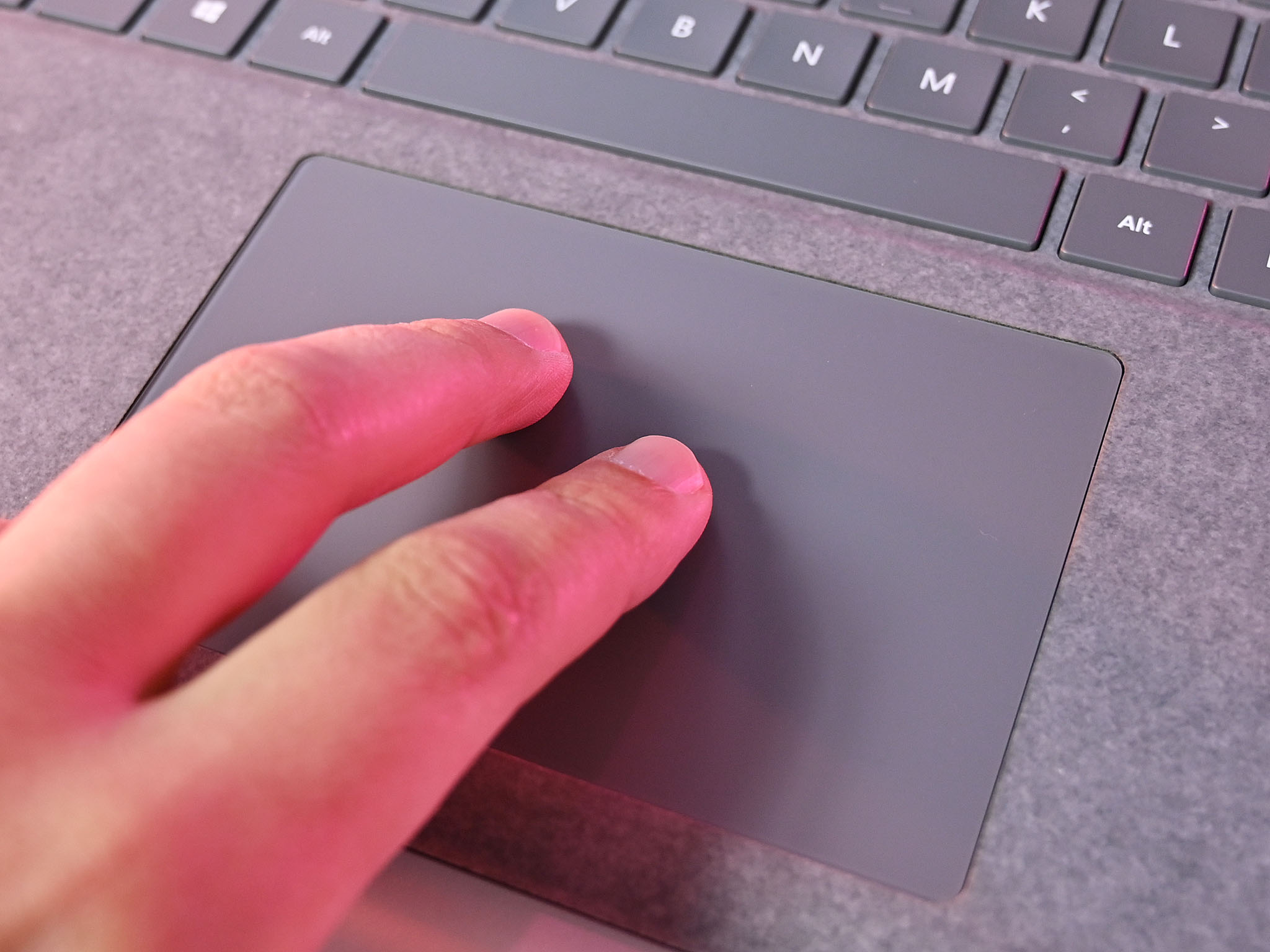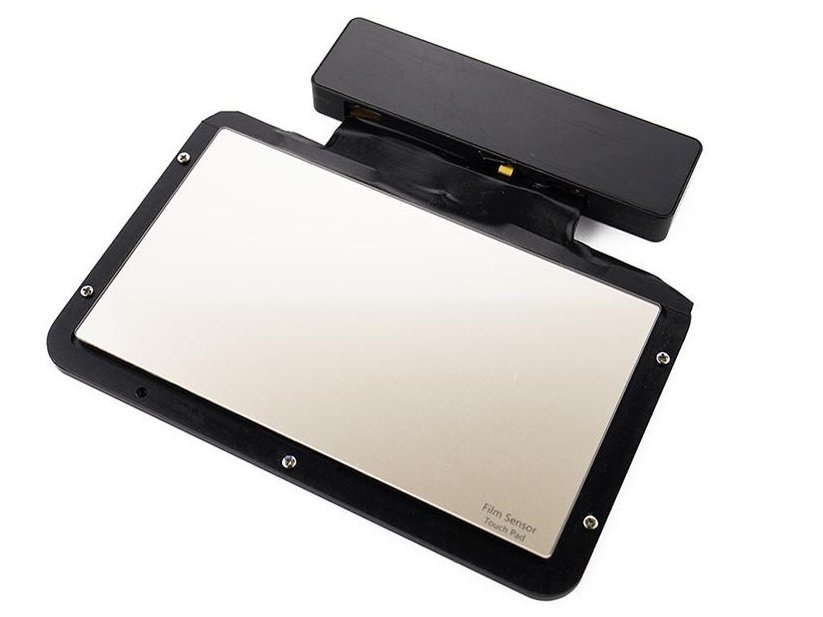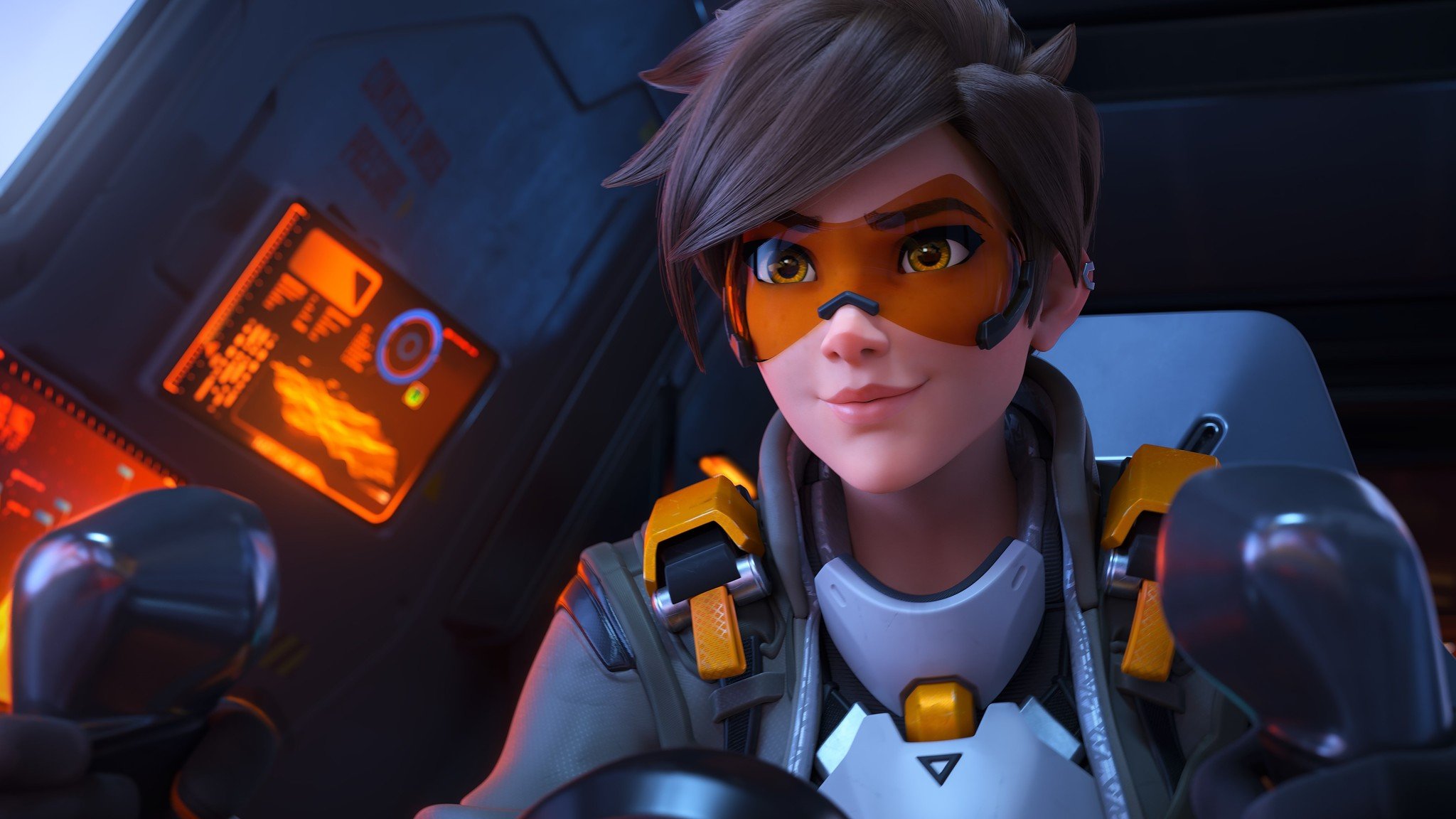Windows 11 laptop trackpads take big step toward competing with Apple's Force Touch
Thinner trackpads will allow PC manufacturers to fit bigger batteries into compact laptops.

All the latest news, reviews, and guides for Windows and Xbox diehards.
You are now subscribed
Your newsletter sign-up was successful
What you need to know
- Boréas and Cirque unveiled the GlideSense trackpad module with Boréas Piezo Haptic Trackpad technology this week.
- The module allows PC makers to utilize haptic feedback on Windows 11.
- The technology helps Windows laptops compete with Apple hardware that uses Force Touch.
Windows 11 laptops could get a big boost when it comes to trackpads, thanks to technology that Boréas and Cirque just unveiled. The two companies announced GlideSense with Boréas Piezo Haptic Trackpad technology earlier this week. The trackpad module allows PC makers to take advantage of haptic feedback in Windows 11. In its press release, Boréas says this new technology will allow Windows trackpads to compete with Apple's Force Touch.
Haptic trackpads are complex and involve multiple layers working together. In short, they allow you to feel like you're clicking on a trackpad without requiring moving parts. They offer several advantages over traditional trackpads, including lower power consumption, reduced failure rate due to a lack of moving parts, and laptops being able to be considerably thinner.
Our executive editor Daniel Rubino breaks them down in depth, including a comparison of how Apple, Sensel, and Boréas approach things differently.
Here's the relevant excerpt from Rubino's coverage in relation to this week's news:
In short, the big deal here is we're going to get much more accurate trackpads that can detect force (a new dimension), won't fail due to moving parts, all in laptops that can be thinner (or have even more space for the battery). No more dead zones, no more phantom clicks.Best of all, because of how piezo haptics work, you'll feel like you're clicking when you press down. It's trippy stuff, but anyone who has used the ThinkPad X1 Titanium Yoga or an Apple MacBook knows what I'm talking about: Haptics trick the brain into sensing something that isn't happening.
One of the main benefits of the approach Boréas is taking is that it's scalable. Boréas and Cirque can work together to mass-produce components for several PC manufacturers. Because of this, trackpads that use this technology could be seen in a wide range of devices from big-name companies.
Microsoft recently jumped in on the haptic trend with the new Surface Laptop Studio, which uses a custom-designed trackpad. While Microsoft created it, the underlying technology is provided by Sensel, a competitor to Boréas and Cirque. We'll have more on the underly technology in the Surface Laptop Studio soon, as Sensel is expected to be going into more laptops in 2022.
Indeed, we should be seeing many more laptops with haptics next year, making this an exciting trend to follow.
All the latest news, reviews, and guides for Windows and Xbox diehards.

Sean Endicott is a news writer and apps editor for Windows Central with 11+ years of experience. A Nottingham Trent journalism graduate, Sean has covered the industry’s arc from the Lumia era to the launch of Windows 11 and generative AI. Having started at Thrifter, he uses his expertise in price tracking to help readers find genuine hardware value.
Beyond tech news, Sean is a UK sports media pioneer. In 2017, he became one of the first to stream via smartphone and is an expert in AP Capture systems. A tech-forward coach, he was named 2024 BAFA Youth Coach of the Year. He is focused on using technology—from AI to Clipchamp—to gain a practical edge.

